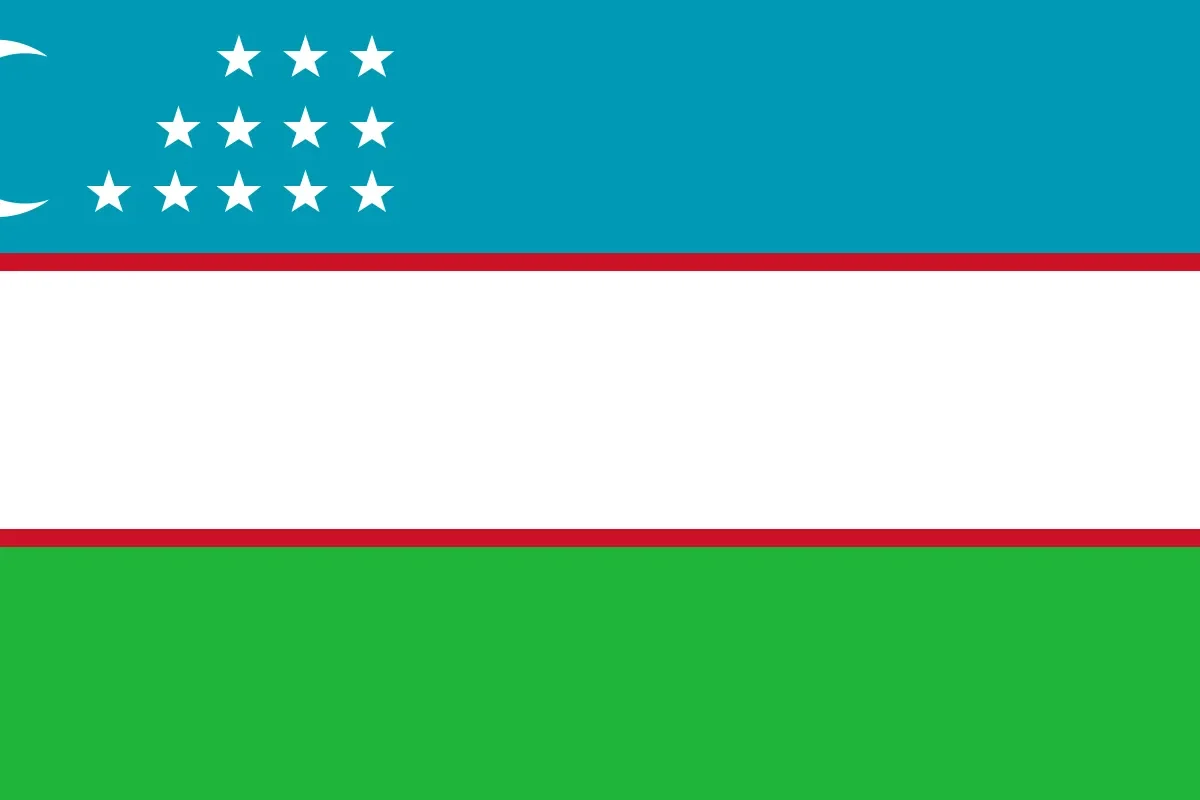The Asia-Pacific Commerce and Industry Confederation (APCIC) is pleased to present this comprehensive guide to Germany, Europe’s largest economy and a global leader in innovation and manufacturing. This report provides an in-depth look at Germany’s economic landscape, key industries, trade policies, taxation framework, and strategic recommendations to assist APCIC members in leveraging opportunities in this dynamic market.
1. Panorama económico
Germany, a founding member of the European Union and the Eurozone, is the world’s fourth-largest economy, with a GDP of approximately $4.2 trillion in 2023. Renowned for its engineering excellence and export-driven economy, Germany plays a pivotal role in global trade.
Indicadores económicos clave:
- Crecimiento del PIB: Estimated at 1.3% in 2023, supported by strong industrial output and resilient domestic demand.
- Población: Approximately 84 million, with a high standard of living and significant consumer purchasing power.
- Tasa de inflación: Stabilized at 4.5% in late 2023, reflecting effective fiscal and monetary policies.
2. Industrias clave
Germany’s diversified economy is driven by world-class industries:
- Automoción: Home to global leaders like Volkswagen, BMW, and Mercedes-Benz, Germany is advancing in electric and autonomous vehicles.
- Machinery and Engineering: Renowned for high-quality industrial machinery and advanced manufacturing technologies.
- Chemicals and Pharmaceuticals: A global hub for chemical production and life sciences, with companies like BASF and Bayer.
- Energías renovables: A frontrunner in wind, solar, and hydrogen technologies as part of its ambitious energy transition plan (Energiewende).
- Technology and Digital Innovation: Germany is investing in AI, robotics, and Industry 4.0 to maintain its competitive edge.
- Logistics and Transport: Positioned at the heart of Europe, Germany boasts a robust logistics and supply chain infrastructure.
3. Políticas comerciales
Germany’s trade policies are aligned with European Union (EU) standards, ensuring seamless access to one of the world’s largest markets:
- Single Market Access: As part of the EU, Germany benefits from free movement of goods, services, and capital across member states.
- Acuerdos de libre comercio (ALC): EU-negotiated FTAs with key markets, including Japan, South Korea, and Canada, enhance trade opportunities.
- Customs Union: Harmonized customs procedures and tariff-free trade within the EU simplify cross-border operations.
4. Marco fiscal
Germany offers a competitive and transparent tax system to support foreign investment and economic growth:
- Impuesto de sociedades: The effective corporate tax rate, including trade tax, is approximately 30%, with potential reductions for SMEs.
- Impuesto sobre el valor añadido (IVA): Standard rate of 19%, with reduced rates of 7% for essential goods and services.
- Impuesto sobre la renta de las personas físicas: Progressive rates ranging from 14% to 45%, with an additional solidarity surcharge for high earners.
- Incentivos: Tax credits and grants are available for R&D, green energy projects, and investments in underdeveloped regions.
5. Clima de inversión
Germany provides a stable and business-friendly environment for foreign investors:
- Ubicación estratégica: Positioned at the crossroads of Europe, Germany offers unparalleled market access to the EU and beyond.
- Mano de obra cualificada: A highly educated labor force with strong expertise in engineering, technology, and research.
- Infraestructura: Germany’s world-class transportation and digital networks support efficient business operations.
- Legal and Regulatory Framework: Robust protections for intellectual property and a transparent legal system enhance investment security.
6. Recomendaciones estratégicas
For APCIC members considering investments or trade with Germany:
- Collaborate on Automotive Innovation: Partner with German firms in electric vehicles (EVs), battery technology, and autonomous driving.
- Leverage Manufacturing Expertise: Establish operations in advanced manufacturing or precision engineering, tapping into Germany’s Industry 4.0 leadership.
- Invertir en energías renovables: Participate in wind, solar, and green hydrogen projects to align with Germany’s energy transition goals.
- Explore R&D Partnerships: Collaborate with German universities and research institutes in technology, life sciences, and AI.
- Utilize Logistics Networks: Take advantage of Germany’s central location and advanced logistics infrastructure for Europe-wide distribution.
Conclusión
Germany’s robust economy, strategic location, and emphasis on innovation make it an ideal destination for trade and investment. APCIC members are encouraged to use this guide to navigate opportunities in Germany and establish a strong foothold in one of the world’s most influential markets.




